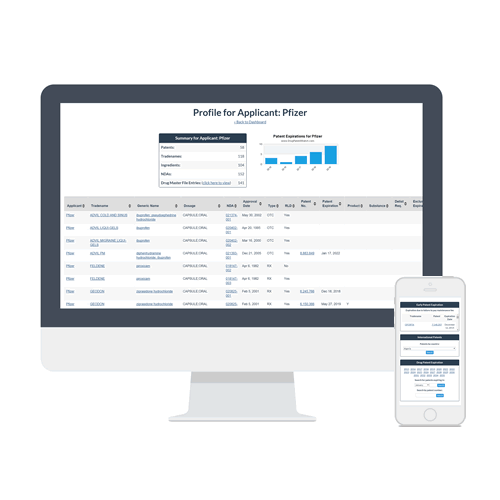
Generic drug manufacturers face significant challenges when attempting to navigate around REMS (Risk Evaluation and Mitigation Strategies) imposed by brand-name drug companies. These strategies, intended to ensure drug safety, are sometimes misused to delay generic competition. However, there are several ways generics can work around these barriers:
Table of Contents
Legislative Avenues
- CREATES Act: The Creating and Restoring Equal Access to Equivalent Samples (CREATES) Act is designed to counteract REMS abuse. It allows generic manufacturers to sue brand-name companies that refuse to provide necessary drug samples. This legislation aims to prevent brand companies from using REMS as a tool to block generic entry by denying access to samples required for bioequivalence testing[1][2].
- FAST Generics Act: The Fair Access for Safe and Timely (FAST) Generics Act also addresses the issue by facilitating the development of a single, shared REMS program. This act aims to prevent prolonged negotiations that delay the approval of generic drugs[2].
Legal Actions
Generic manufacturers have increasingly turned to the courts to address REMS abuse. Several private lawsuits have been filed alleging antitrust violations when brand-name companies refuse to supply REMS-restricted drug samples. Successful litigation can compel brand companies to provide the necessary samples, thereby enabling generics to proceed with bioequivalence testing[5].
Regulatory Support
The FDA has taken steps to mitigate REMS abuse. It has issued draft guidances clarifying that REMS should not be used to block generic competition. The FDA has also published lists of brand-name companies that have potentially misused REMS to delay generic entry, increasing public and regulatory scrutiny on these practices[1][4].
Developing Independent REMS Programs
In cases where negotiations for a shared REMS program are stalled, generic manufacturers can propose their own REMS programs. While this process can be complex and costly, it provides a pathway for generics to gain approval without relying on brand-name companies to cooperate[4].
Strategic Partnerships
Generic manufacturers can also form strategic partnerships with other stakeholders, including patient advocacy groups and healthcare providers, to exert pressure on brand-name companies. These alliances can help highlight the public health implications of delayed generic entry and garner support for legislative and regulatory reforms.
Conclusion
While REMS programs are essential for ensuring drug safety, their misuse to block generic competition poses significant challenges. Through legislative measures like the CREATES Act, legal actions, regulatory support, and strategic partnerships, generic manufacturers can navigate around these barriers and bring more affordable drugs to market.
“The misuse of REMS to delay generic competition is a growing problem that impacts patient access to affordable medications. Legislative and regulatory actions are crucial to address these abuses and ensure a fair competitive landscape.” – Dr. Janet Woodcock, Director of FDA’s Center for Drug Evaluation and Research
By leveraging these strategies, generic manufacturers can continue to fight against the misuse of REMS and work towards a more equitable pharmaceutical market.
Citations:
[1] https://accessiblemeds.org/resources/blog/rems-abuse-impeding-patient-access-generic-drugs-myths-and-facts
[2] https://sgp.fas.org/crs/misc/R44810.pdf
[3] https://accessiblemeds.org/sites/default/files/2018-04/Alex_Brill_REMS_Study_June_2017.pdf
[4] https://www.gao.gov/assets/gao-20-94.pdf
[5] https://www.robinskaplan.com/resources/publications/2015/06/rems-and-antitrust


